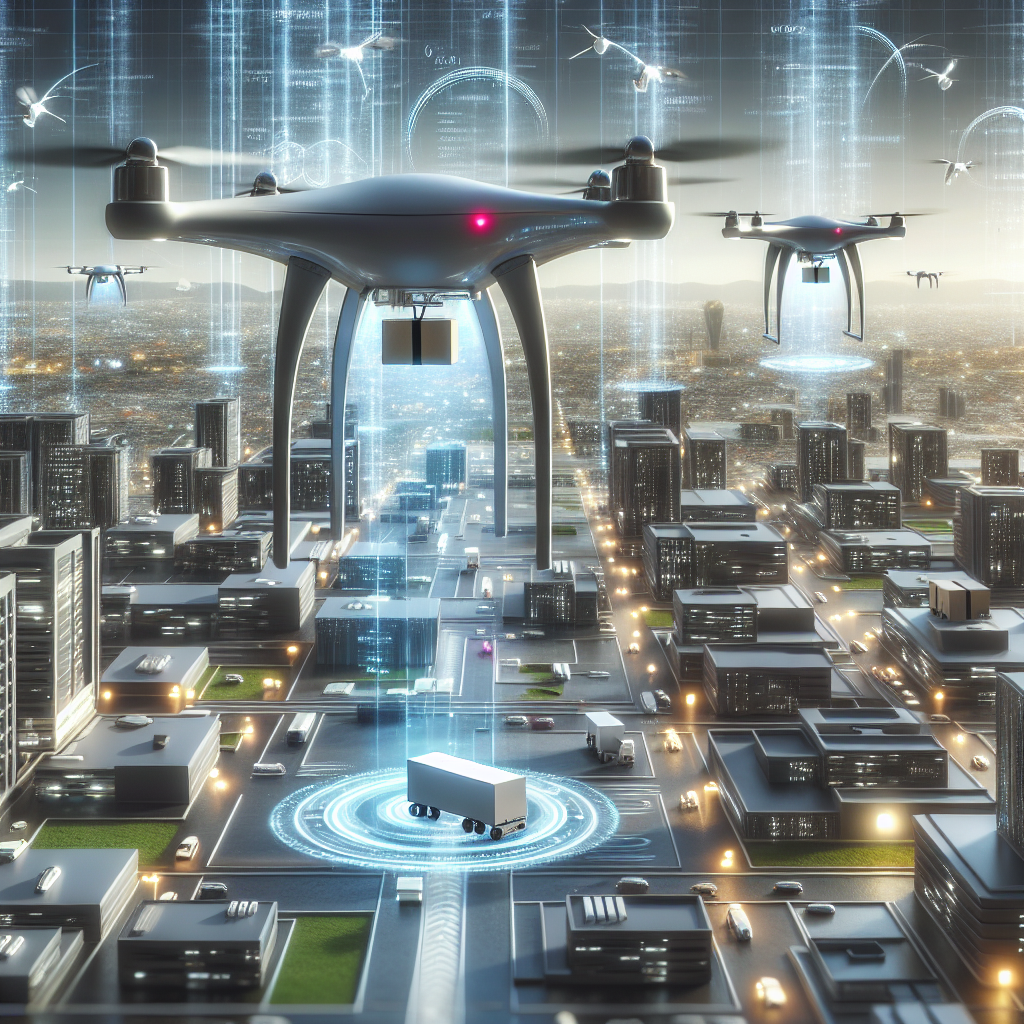The Role of AI in Improving Government Procurement Efficiency
Government procurement is a critical process that involves the acquisition of goods and services by government agencies. It is essential for the smooth functioning of government operations and the delivery of public services. However, government procurement processes are often complex, time-consuming, and prone to inefficiencies. This is where artificial intelligence (AI) can play a significant role in improving government procurement efficiency.
AI refers to the simulation of human intelligence processes by machines, particularly computer systems. AI technologies such as machine learning, natural language processing, and robotic process automation have the potential to automate and streamline various aspects of government procurement. By leveraging AI, government agencies can enhance the efficiency, transparency, and effectiveness of their procurement processes.
Benefits of AI in Government Procurement
There are several benefits of incorporating AI into government procurement processes:
1. Streamlining Processes: AI can automate repetitive and time-consuming tasks such as data entry, document processing, and contract management. This frees up procurement professionals to focus on more strategic tasks and decision-making.
2. Cost Savings: By automating manual processes, AI can reduce the time and resources required to complete procurement activities. This can lead to cost savings for government agencies and taxpayers.
3. Improved Accuracy: AI technologies can analyze large datasets and identify patterns and insights that humans may overlook. This can help government agencies make more informed decisions and reduce errors in the procurement process.
4. Enhanced Compliance: AI can help government agencies ensure compliance with regulations and policies by flagging potential risks and discrepancies in procurement activities.
5. Increased Transparency: AI can provide real-time visibility into the procurement process, allowing stakeholders to track the status of procurements and ensure accountability.
AI Applications in Government Procurement
There are several ways in which AI can be applied to improve government procurement efficiency:
1. Predictive Analytics: AI can analyze historical procurement data to predict future trends and demand, helping government agencies make more accurate procurement decisions.
2. Supplier Relationship Management: AI can assess the performance of suppliers based on various parameters such as quality, cost, and delivery, enabling government agencies to identify and engage with the best suppliers.
3. Contract Management: AI can automate contract creation, review, and monitoring processes, ensuring that contracts comply with regulations and are executed efficiently.
4. Market Intelligence: AI can analyze market trends, pricing data, and supplier information to help government agencies make informed decisions about procurement strategies.
5. Risk Management: AI can identify potential risks in the procurement process, such as fraud, corruption, or non-compliance, allowing government agencies to mitigate these risks proactively.
FAQs
Q: How can AI improve the efficiency of government procurement processes?
A: AI can automate repetitive tasks, analyze large datasets, and provide real-time visibility into the procurement process, helping government agencies streamline operations, reduce costs, and make more informed decisions.
Q: Is AI suitable for all types of government procurement activities?
A: AI can be applied to various aspects of government procurement, such as contract management, supplier relationship management, and risk management. However, the suitability of AI depends on the specific requirements and complexity of each procurement activity.
Q: What are the challenges of implementing AI in government procurement?
A: Some challenges of implementing AI in government procurement include data privacy concerns, lack of technical expertise, and resistance to change. Government agencies must address these challenges to successfully leverage AI in procurement processes.
Q: How can government agencies ensure the ethical use of AI in procurement?
A: Government agencies should establish ethical guidelines and governance frameworks for the use of AI in procurement. This includes ensuring transparency, accountability, and fairness in AI algorithms and decision-making processes.
In conclusion, AI has the potential to revolutionize government procurement by enhancing efficiency, transparency, and effectiveness. By leveraging AI technologies, government agencies can streamline processes, reduce costs, and make more informed decisions. However, the successful implementation of AI in government procurement requires addressing challenges such as data privacy, technical expertise, and ethical considerations. With the right strategies and governance frameworks in place, AI can be a powerful tool for improving government procurement efficiency and delivering better outcomes for citizens.

